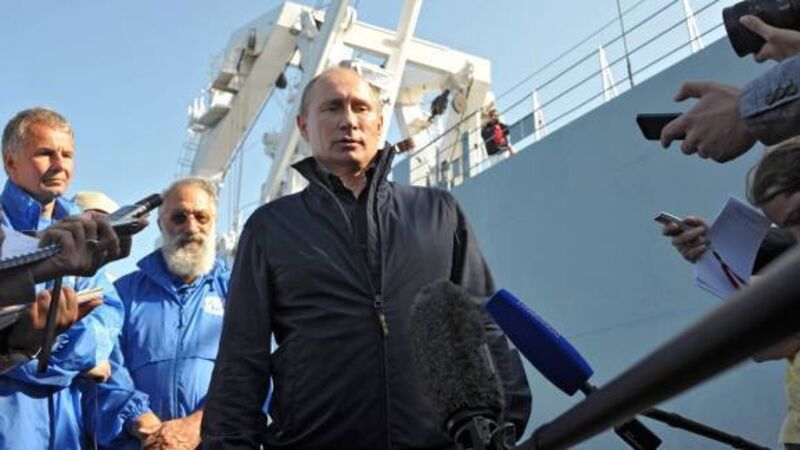Ukraine in crisis: All sides will have to make concessions

It also recognises the, up to now at least, great difficulty in ending a war that one of the belligerents — Vladimir Putin’s Russia — denies being involved in.
That great difficulty is exacerbated by the unfortunate reality that Mr Putin has attained something approaching a cult hero status in Russia and is happy to provoke and confront — and even annex — his immediate neighbours if such a course of action strengthens his grip on power and makes the international community pay him more attention.














